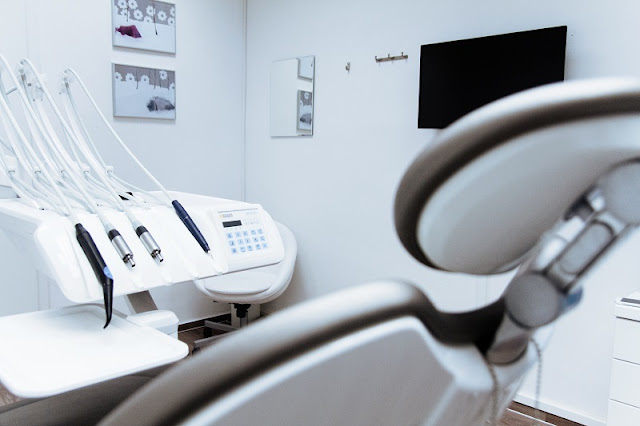Best Periodontist Near Me - Fight Gum Disease
Many men and women in North America and worldwide are terrified of visiting the dentist. We despise the dental chair more than anything else and will use any excuse to avoid going to the dentist. Unfortunately, one of the most hazardous consequences of skipping or missing dental cleaning sessions is the development of gum disease, which occurs when bacteria grow in your mouth cavity. Periodontitis is an infection of the gum line that can be exceedingly unpleasant or even hazardous. So contacting the best Best Periodontist Near Me is the perfect solution.
Bacteria and mucus combine in the mouth to generate plaque, a sticky substance. Everyone understands that brushing and flossing daily can help eliminate or decrease plaque, but we don't always adhere to strict regular schedules—Tartar forms when plaque persists on the teeth. Unfortunately, brushing and flossing will not eradicate tartar. Only your periodontist and dental hygienist can remove tartar from your teeth. As a result, it is critical to have frequent cleaning appointments. Tartar adds to gum inflammation, which can damage teeth and create discomfort. Gingivitis is a minor type of periodontitis that may easily be reversed with regular brushing, flossing, and thorough dental cleanings. If the condition advances, it may be irreversible, resulting in lifelong damage.
A consultation with a periodontist may tell you about the risk factors for severe gum disease and the strategies you can take to avoid it. For example, smoking, hormonal changes in girls as they enter puberty and women as they enter menopause, diabetes or difficulties controlling blood sugar, certain over-the-counter and prescription medications, systemic diseases such as cancer and HIV, and even genetic susceptibility are all factors that contribute to periodontitis. Schedule an appointment with your dentist to review these risk factors and devise a plan of action to lower your chances of developing gum disease.
You may have numerous treatment choices if you acquire severe gum disease. Deep cleaning treatments, including scaling and root planing, may be used by your periodontist. Scaling is the eradication of tartar above and below the gum line using intrusive procedures such as scraping. Root planing smooths down rough places on the teeth. These wild areas can become breeding grounds for germs, increasing your risk of gum disease owing to bacterial growth. In difficult situations, your periodontist may even advise you to utilize a laser to remove tartar and plaque. Swelling, soreness, inflammation, and discomfort are common side effects of tartar removal treatments. These unfavorable side effects are considerably reduced when laser methods are used.
FAQ
Can periodontal disease heal the gums?
Is it possible to reverse periodontal disease? Gingivitis may typically be treated by removing the infection from your gums. On the other hand, periodontitis is more advanced and frequently causes irreversible damage to your teeth and gums without costly dental procedures.
How long does it take for periodontal disease to heal?
The time it takes for your gums to recover is determined by
the severity of your gum disease. It can take anywhere from 2 to 4 weeks to
completely heal, while deeper pockets might take months. Because your mouth
will be painful and irritated for the first few days, a soft food diet is
recommended.




Comments
Post a Comment